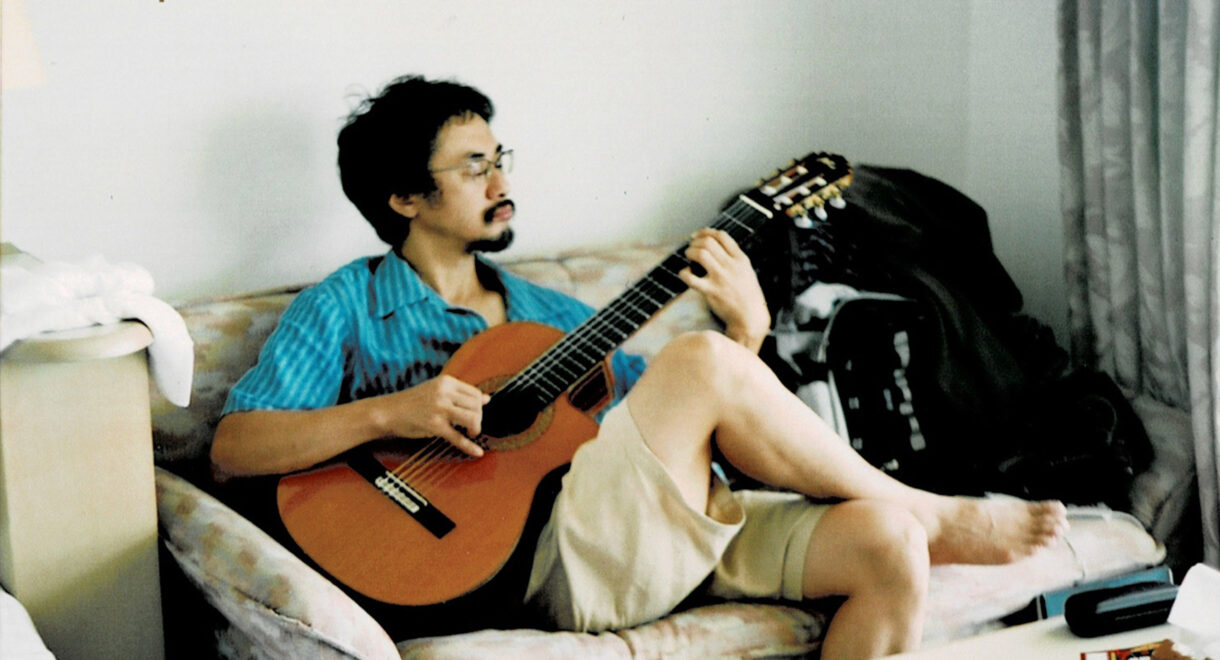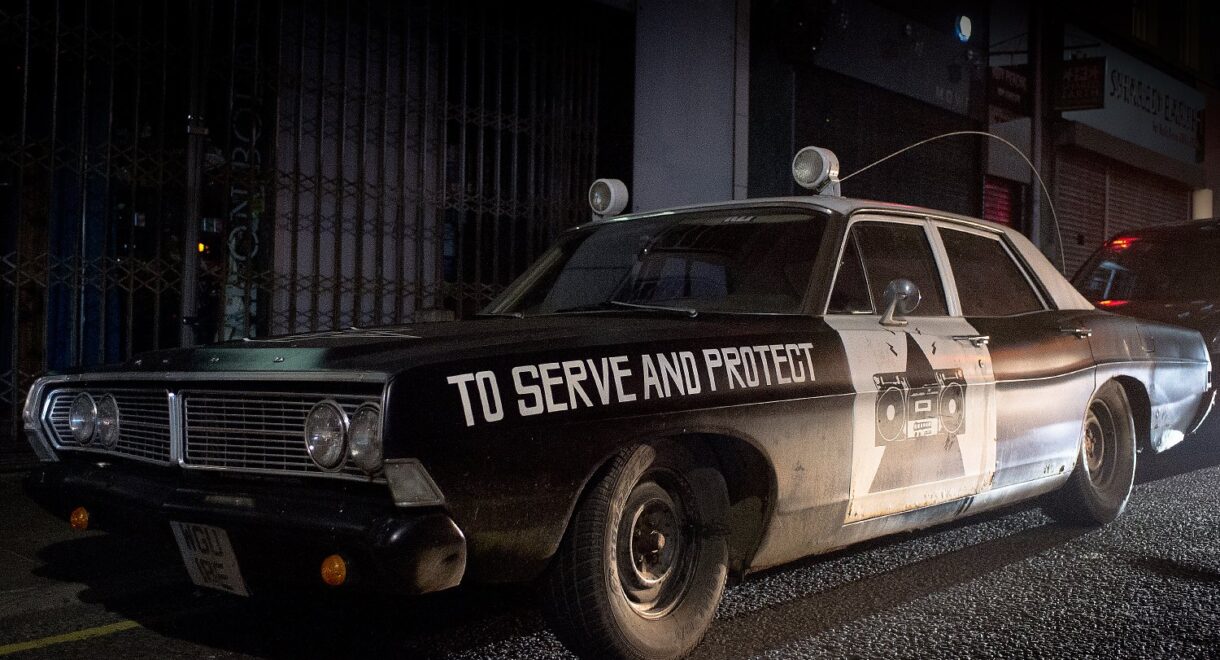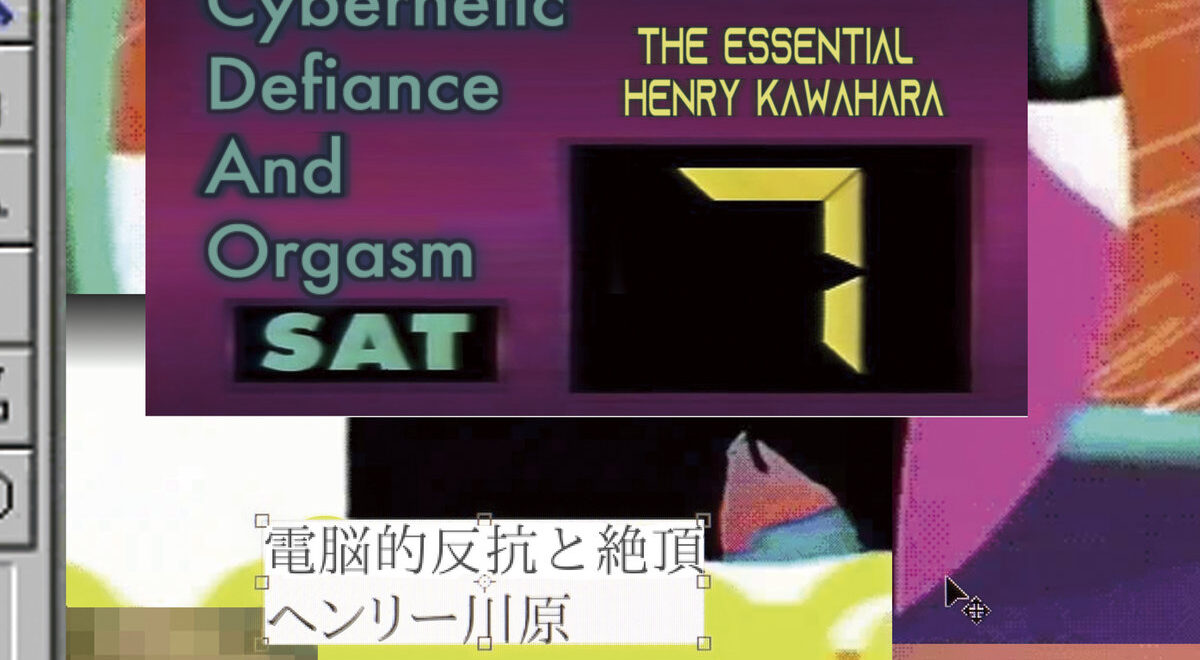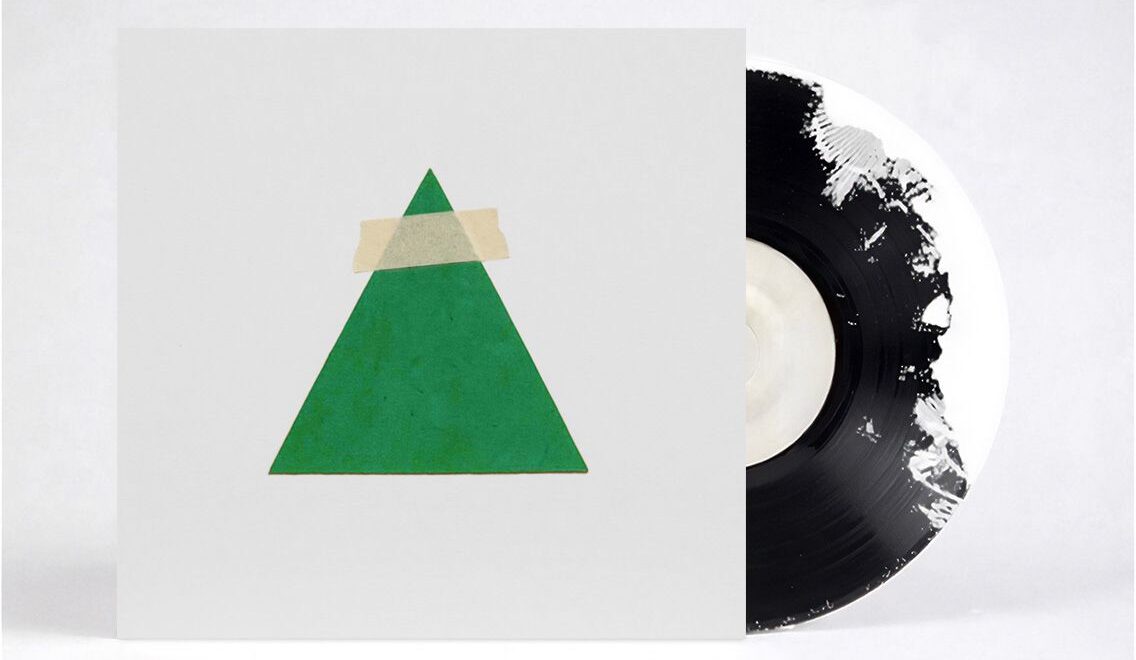Hiroaki Sugawara’s Rain Guitar is available on vinyl for the first time via Forest Jams. In 2019, Shotaro Matsumoto, the renowned manager of Coconuts Disk Ekoda, published a […]
Five Decades of ‘Hearts of Space’: Slow Music for Fast Times

When Stephen Hill launched Hearts of Space on KPFA in 1973, American radio was dominated by FM rock, Top 40 hooks, and easy listening formats. Hill’s program moved in the opposite direction. Instead of forward-driving rhythm and bright compression, he offered long arcs of quietude: German kosmische alongside Brian Eno’s early ambient experiments, ECM’s cool jazz next to Indian classical mantras, Gregorian chant dissolving into the slow bloom of Harold Budd or Steve Roach. It was more than a playlist — it was a continuum, stitched so the seams disappeared.
More than 50 years later, Hearts of Space is still on the air, now streaming worldwide, and just celebrated its 1400th episode — proof of the staying power of Hill’s unhurried, carefully sequenced approach to radio.
That endurance comes from more than persistence. By the early ’80s, Hill and his partner Anna Turner had begun describing the music in the language that defined its reach: “cosmic, transcendent, innerspace.” These weren’t genre tags so much as invitations — clues to a listening mode that felt almost illicit in its slowness. Against the churn of commercial radio, Hearts of Space opened a hatch into something deeper, where the minutes lengthened and the body seemed to fall away. Through syndication, the show became a fixed point on the dial for kindred spirits across the country, often airing in rural places where experimental sounds rarely arrived.
In a 2005 interview, Hill explained that “the contemplative sound experience is a very, very old thing — thousands of years — and what was attracting me was more related to that tradition than the technology of audio or electronic music.” He predicted that “any method that offers immediate on-demand access to the music you want at any particular time will be embraced by listeners,” and foresaw “the role of the expert, the editor or the critic” becoming even more valuable in an era of infinite choice. Two decades later, streaming culture and algorithmic glut have proved him right on both counts.
You might hear Brian Eno, Steve Roach, Harold Budd, Constance Demby, Michael Stearns, Robert Rich, Jon Hassell, Kevin Braheny, Laraaji, Vangelis, Patrick O’Hearn, David Parsons, Vidna Obmana, Klaus Schulze, Dead Can Dance, Jonn Serrie, Ryuichi Sakamoto, or Pauline Anna Strom on Hearts of Space.
Every Hearts of Space program is thematic, designed to create a sustained atmosphere. The latest, Program 883, Desert Realms, is billed as “a superheated journey in dehydrated spaces: the desert… a place where sun, heat, wind and sand conspire to make life a challenge for even the strongest organisms.” Its selections evoke heat-stunned air, shifting sands, and the long stillness of an arid horizon — an aural landscape you don’t just hear, you inhabit.
That sensibility still defines Hearts of Space, now an online archive where decades of programs wait for whenever you need them. Hill has spent much of his life “connecting people to a particular dimension of musical experience in a compact format called a program.” In the ’70s, it felt like a secret broadcast from a calmer planet. Today, it’s proof that planet still exists. Access to that world starts with a free level offering one program per week, with paid tiers ranging from $1 to $10 a month for expanded or unlimited streaming.










